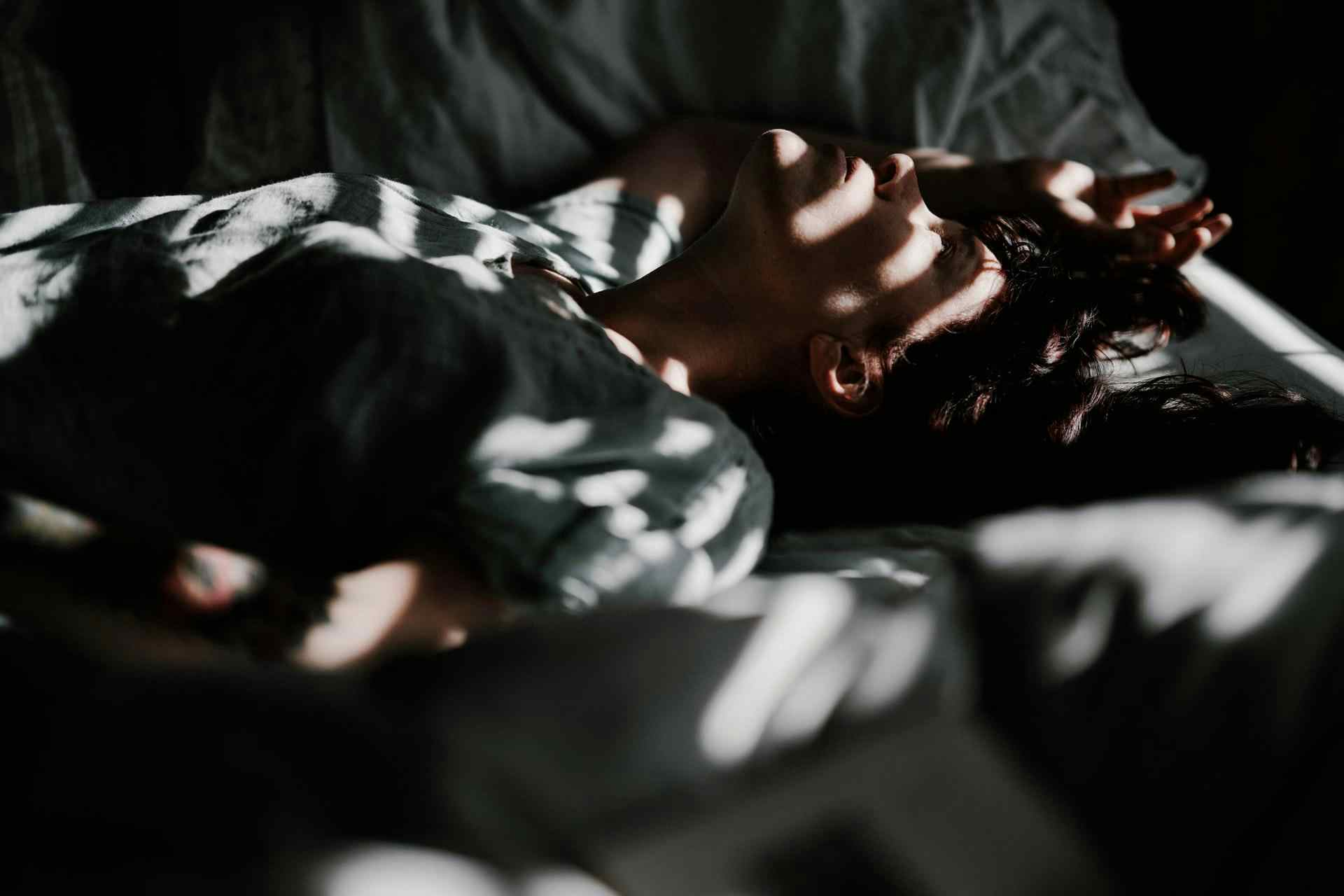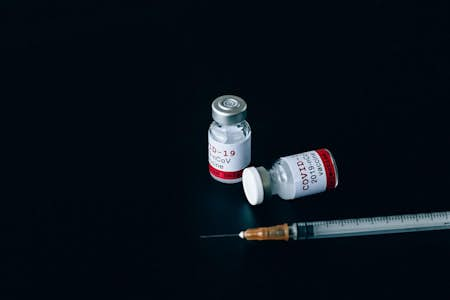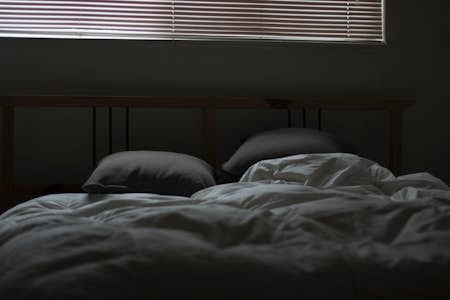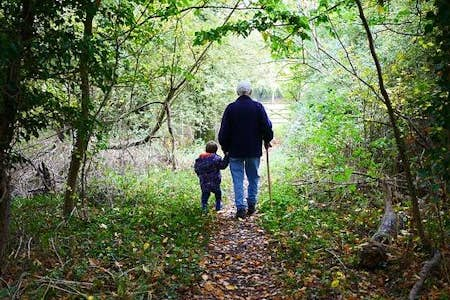The usual recovery period for coronavirus is 12 weeks or less. However, long-term symptoms can result in lingering health problems. There is no link between long covid symptoms and severe Covid-19, so even people who recovered from mild Covid-19 may experience post-Covid issues that impact their quality of life.
We’re still learning about the long-term effects of the Covid-19 pandemic and the subsequent lockdowns imposed. Our understanding of the physical health issues of the coronavirus, associated sleep problems, mental health issues and the social impact of Covid-19 will evolve as more evidence is collected over time.
While we know that many people recover from Covid-19 after a few weeks, others with more severe symptoms can take much longer. And regardless of the severity of symptoms, as many as 20% of people who’ve recovered from coronavirus will experience long-Covid. Common symptoms among long-Covid sufferers include:
- Fatigue and extreme tiredness
- Shortness of breath
- Chest pain and heart palpitations
- Brain fog
- Pins and needles
- Joint pain
- Poor sleep quality
- Difficulty sleeping or insomnia
- Depression and anxiety
- Coughs, headaches, sore throats, high temperatures and changes to sense of smell or taste
Of all the long-Covid symptoms, sleep disturbances can be one of the most frustrating.
Post-Covid sleep problems
Lack of sleep has wide-ranging consequences for health. While we sleep, our body repairs cells, and our brain consolidates memories and rids itself of metabolic waste. Our bodies can't complete these processes when our sleep is disturbed, or we don't get enough of it. Simply getting a better night’s sleep can drastically improve both physical and mental health.
The trouble is that sleep issues are a common symptom of Covid-19 infections, both when suffering from coronavirus and after recovery. For example, one study found poor sleep was five times more likely for Covid-19 patients. As well as being frustrating, this can hinder recovery, reduce immune system function and exacerbate other long-Covid symptoms.
The link between sleep problems and SARS-CoV-2 is unknown. However, post-viral fatigue is common with viruses such as meningitis, glandular fever, and other SARS strains. Anxiety can play a role in sleep disturbances, but this alone doesn’t fully explain post-Covid sleep difficulties.
“A possible mechanism involves the build-up of pro-inflammatory signalling molecules (cytokines) causing certain brain areas to believe there is still a pathogen in the body [that] needs to be fought off. Some of these areas are also involved in regulating our sleep-wake cycle, which could then become disrupted,” explained Dr Kat Lederle, Head of Sleep Health at Somnia.
Sleep problems can range from difficulty falling asleep to sleep disturbances and poor sleep quality, so people wake feeling tired and fatigued. Following basic sleep hygiene rules can improve sleep patterns and your entire sleep cycle.
What is the best way to treat Covid-19 sleep issues?
People who have had coronavirus also report increased mental health problems. In addition, significant levels of post-traumatic stress disorder are prevalent in people who have been treated in intensive care.
If your long-Covid symptoms include sleep problems - either difficulty falling asleep, staying asleep or feeling tired after a full night’s rest, remedying the situation will be high in your priorities.
The physical and mental symptoms of Covid-19, along with residual inflammation in your body, all create a higher risk of sleep problems. Taking care of each of these three aspects will help you sleep better.
Mental healthcare for better sleep
Increased anxiety and worries about health during and after Covid are entirely normal. Taking time to wind down before sleep can calm your mind and reduce the number of times you wake at night. Some or all of these suggestions may help calm an overactive and anxious mind.
- Park your worries by noting them in a journal before bed
- Plan your day tomorrow by creating a to-do list of crucial jobs you need to do
- Distract yourself from worries by imagining yourself carrying out an engaging and enjoyable activity. Use all of your senses - smell, touch, sight and sound
- Complete a body scan sleep meditation. Starting at the top of your head or the tips of your toes, mentally shut down different parts of your body before falling asleep
Physical healthcare for better sleep
Taking care of your physical health will help you sleep better at night. Ensure you have a healthy day by:
- Getting enough exercise. As little as a brisk ten-minute walk each day will help you rest better at night
- Eating at least five serves of fruit and vegetables each day
- Avoiding caffeine later in the afternoon
- Avoiding alcohol, exercise and bright lights one to two hours before trying to sleep
Managing inflammation for better sleep
Covid can affect all of the body, including the nervous system, and this also impairs the body’s immune system. Inflammation can also come and go throughout long-Covid, making it difficult to sleep. Parts of your bedtime routine can help reduce inflammation. Try:
- Heat therapy. Applying a heat pad to painful areas or taking a warm bath an hour before bed can reduce inflammation. Make sure you leave time for your body to cool down after a bath before getting into bed
- Gently stretching before bed can also reduce inflammation. Try searching YouTube for bedtime yoga stretches to help you sleep
How to manage a post-Covid sleep disorder
Although getting a good night’s sleep can become difficult for people who’ve recovered from Covid-19, there are things you can do about it. Ensuring good sleep hygiene is a great place to start. This means getting to bed and waking at the same time each day - including weekends. This practice supports the circadian rhythm, which influences better melatonin production.
Tips for improving post-Covid sleep
Our actions during the day often determine whether we get a good night's sleep. Along with maintaining a healthy diet and getting enough exercise, the following tips should help you sleep better at night.
In the afternoon Avoid caffeinated drinks and naps later in the afternoon as these can make it difficult to fall asleep at night. Alcohol, large meals and exercise should also be avoided two hours before bedtime as these can also make it difficult to fall asleep.
Before bed Making time to wind down in the evenings lets your brain know to prepare for sleep. A healthy evening routine includes switching off screens at least an hour before bed, and undertaking calming activities like reading, taking a bath or listening to music. Aim to get to bed around the same time each evening.
At night Remove screens (TV, iPad, smartphones) from your bedroom - blue light disrupts our circadian rhythms and can keep us up at night long after we’ve turned them off.
Keep your bedroom temperature between 60-67℉. A bedroom that’s too warm or cool is difficult to sleep in.
If you don't fall asleep within 20 minutes, get up. Lying in bed worrying about not sleeping creates a negative association between sleep and your bed. Instead, get up and do something calming, then head back to bed when you feel tired again.
In the morning Wake at the same time each day — including weekends and holidays — and throw open the curtains! Exposing yourself to bright morning light starts a new daily cycle for your biological clock.
The NHS provides further guidance for sleep disturbances from staying in the hospital and offers techniques for managing nightmares.
We also spoke to Lucy from Sleep Nanny, who told Health Times: "Post-Covid insomnia represents a complex interplay of physiological and psychological disruptions. Tailoring recovery strategies to individual experiences is crucial, as sleep health directly impacts overall well-being and resilience in post-pandemic life."
How long does post-Covid insomnia last?
Long-Covid symptoms, including sleep disturbances and insomnia, can last anywhere from a few weeks after recovering from coronavirus to several months. Because each person is different, there is no way of telling how long your post-Covid symptoms will last.
If you are concerned about Covid symptoms four weeks or more after recovering, you should contact your GP.









